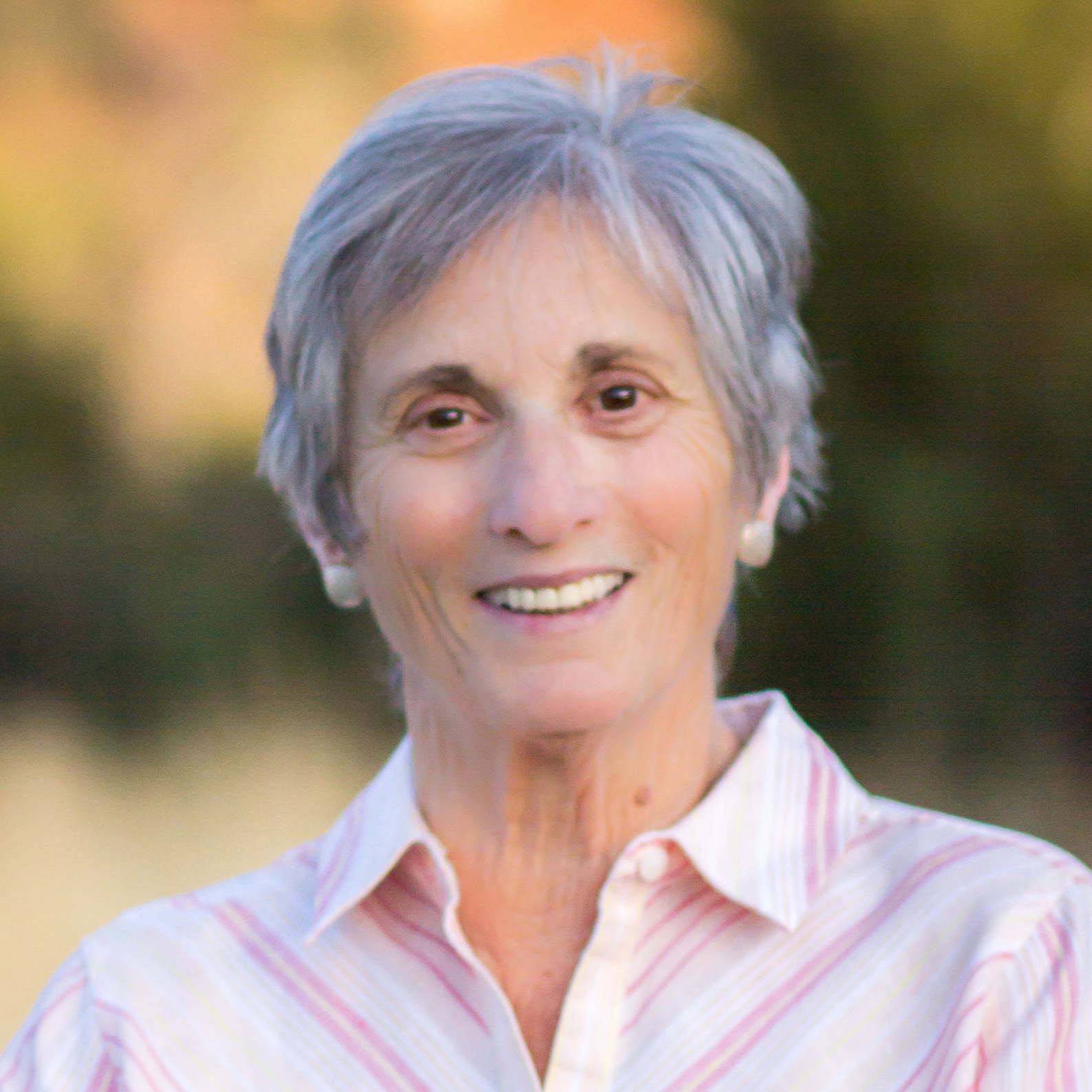Keep Counting Women: We Won’t Reach Parity Without Data
If you haven’t seen the recent New York Times opinion piece, “Stop Counting Women: Quotas and tallies won't bring real progress on gender parity,” it’s a doozy. The author, Katherine Mangu-Ward, editor in chief of Reason magazine (which boasts a staff comprised of more than 80% men), views measuring the representation of women as emotional labor and a distraction from “more substantive work”.
We think it is fair to say that women spend more time “emotionally labored” about being ignored than doing something about it.
Mangu-Ward compares tallying gender to counting calories and goes on to say that, like counting calories, “the real work of recalibrating representation must be done privately and incrementally, one day at a time”. This belittling comparison assumes that people recognize existing inequalities and want to make change and share the stage, but the GenderAvenger community knows that it takes a lot more than private introspection to transform power dynamics.
Read on to see what else our team of GenderAvengers has to say in response to Mangu-Ward’s dismissal of the power of counting to create change.
Gina Glantz
“I can’t figure out what is exhausting or distracting about counting the number of women’s voices being heard. You can sit in an audience at a conference and look up at a panel of 3 or 4 or 10 participants and count pretty quickly. You can use the GA Tally, which takes about 90 seconds to record, and post the results on social media. And with respect to “distracting” — well, that’s the idea. It is time to distract conference organizers and list makers if they ignore the power of women’s voices. GenderAvenger and a bunch of CMOs distracted the leadership of the Consumer Electronics Show when only men appeared as keynote speakers in 2018. And, guess what? The 2019 keynote speaker lineup was perfectly balanced.
I am 75 and a white woman of privilege. So, I guess if I weren’t so annoyed about the absence of women’s voices in the public arena, I could patiently wait for some organic change. Or I could stand up and speak out for change for all so others don’t have to wait for my ilk to get around to making change. (Or until unions make a come back!)”
Amber Coleman-Mortley
“It’s disheartening when women of privilege make statements about the work being done to use data to show a lack of diversity in male-dominated spaces. When you come from a place of privilege you must be cognizant that your words aren’t silencing the voices of women of color, poor women, or trans women who may have little to no voice in the struggle for gender parity.”
Kris-Ann Race
“The New York Times Opinion Twitter feed (@nytopinion) has a pinned tweet about the Times’ commitment to include more women on their letters pages. I can’t help but wonder if Katherine Mangu-Ward’s piece is itself part of a new outlook on gender diversity by the publication.
Mangu-Ward writes that “it’s equally unclear that a 50/50 result is the only acceptable outcome”. But as long as the population is made up of both men and women, 50/50 IS the only acceptable outcome.”
Marta T. Rosa
“To suggest that calling out injustice is inappropriate is extremely myopic. In fact, not speaking out and not calling out injustice only leads to inertia and more of the same. The writer mixes law vs policy vs everyday interactions. All are critically important; but we must remember that without quotas in the past change would not have happened; thus the importance of affirmative action and policy directives. As a woman of color who has been the only one in many rooms nationally, I can say that counting and calling out the lack of racial and gender balance is not only a counting exercise, as the writer suggests, but it is a necessity in order to effect structural change. Data talks!”
Jen Vento
“The writer implies that equal representation is an organic process and praises the Academy of Motion Picture Arts and Sciences for laying ‘groundwork for sustainable improvements’. But this change has only come about through public outcry fueled by widely shared data (that’s right — tallies!) that clearly demonstrated the Academy's institutional bias. Representation indicates power — and those who hold power rarely organically choose to share it. One day, we may no longer need to count. But today is not that day.”
Elan Morgan
“Mangu-Ward says ‘Precise numerical goals create a false sense of clarity and certainty’, but so does working under the false assumption that a supposed meritocracy isn't overrun with unconscious biases. This is the kind of dangerous belief in personal objectivity that leads many to accept their perception that women have dominated conversations when the data would show otherwise. There are verifiable unconscious biases at play that are informed by the culture we have, not the one we ideally see as more just or the one Mangu-Ward claims has a ‘gradual organic process of moving toward a society where men and women can both pursue the work they want’. The culture we have and the biases it produces — we're still actively designing our future for men and male bodies — needs determined guidance and change now, and we can't achieve that change if the default is to continue to let men, and primarily white men, remain in charge of who gets to be in the room, let alone speak.”
Dan Schultz
“Tallies are intended as a mechanism to affect change, a tool to help people actively witness, document, share, and even organize around the obnoxiously common flavor of sexism-through-underrepresentation. Over the years, dozens of organizations have pledged to do better in response to GenderAvenger's attention. More often than not, those pledges translate to real improvement.”
What did you think about the Times piece?
We’d love to know! Share your reactions by tweeting at @GenderAvenger.








